
Product information
Domaine du Closel Savennières ‘Les Caillardières’ Chenin Blanc 2016
$105
Description
Fascinating transition to different geology and a different style. It caresses your tongue like having a silk sheet gently floated over you. You must be patient here. On first pour nutty, yeast lees dominates the nose. In time it subsides and the fruit lifts pulling it into balance. I concur with Evelyn’s discriptors of baked apple, exotic fruits, raisins and toasted almonds with a graceful silvery line of bitterness. There is much, much more going in. A wine that entrances.
Out of stock
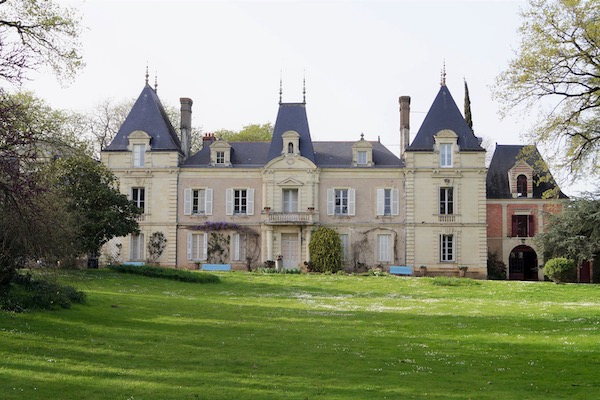
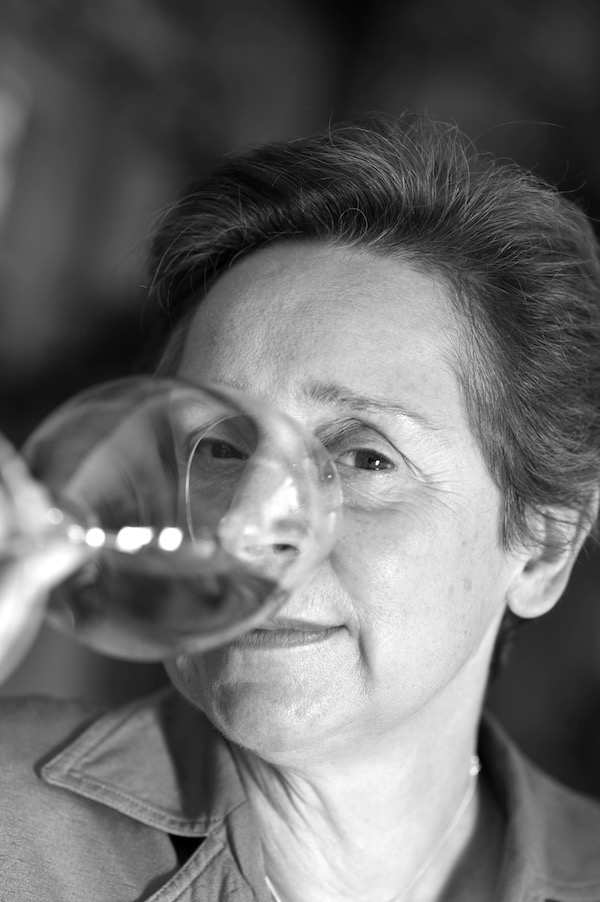
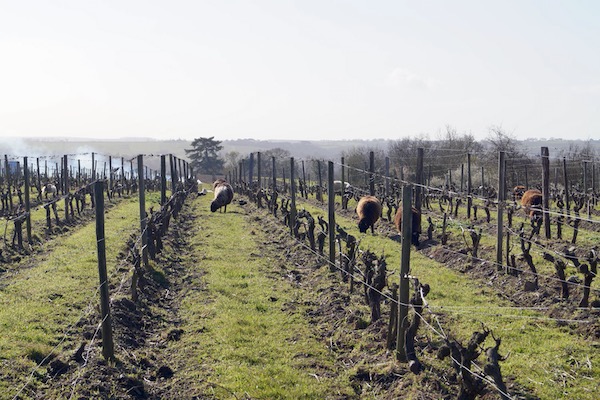
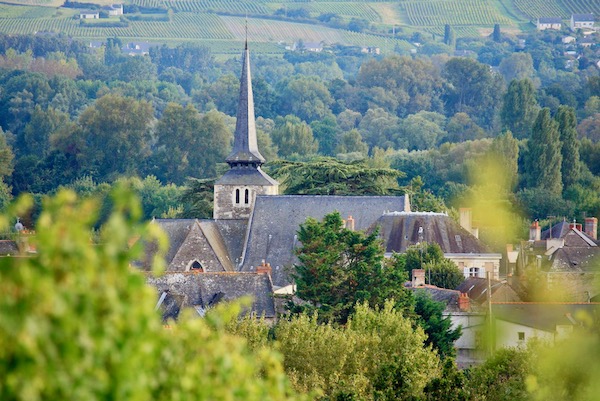
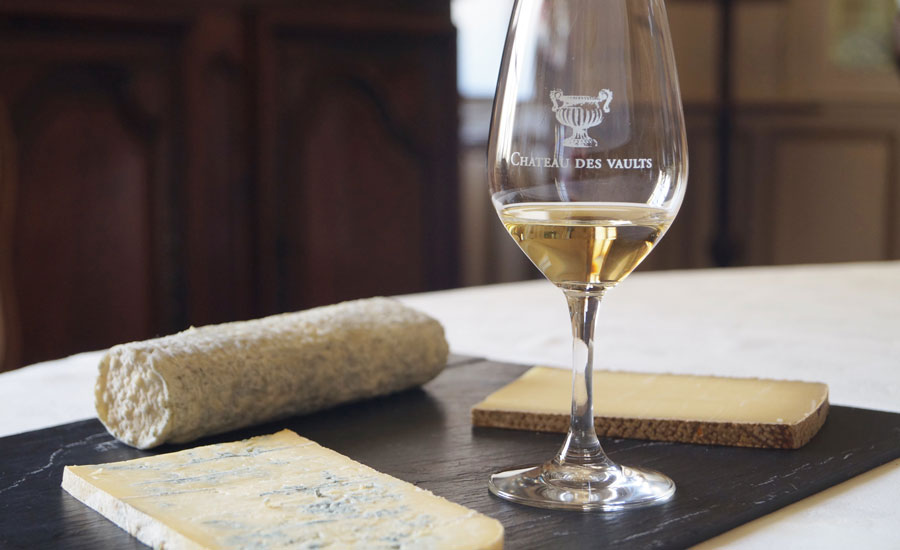
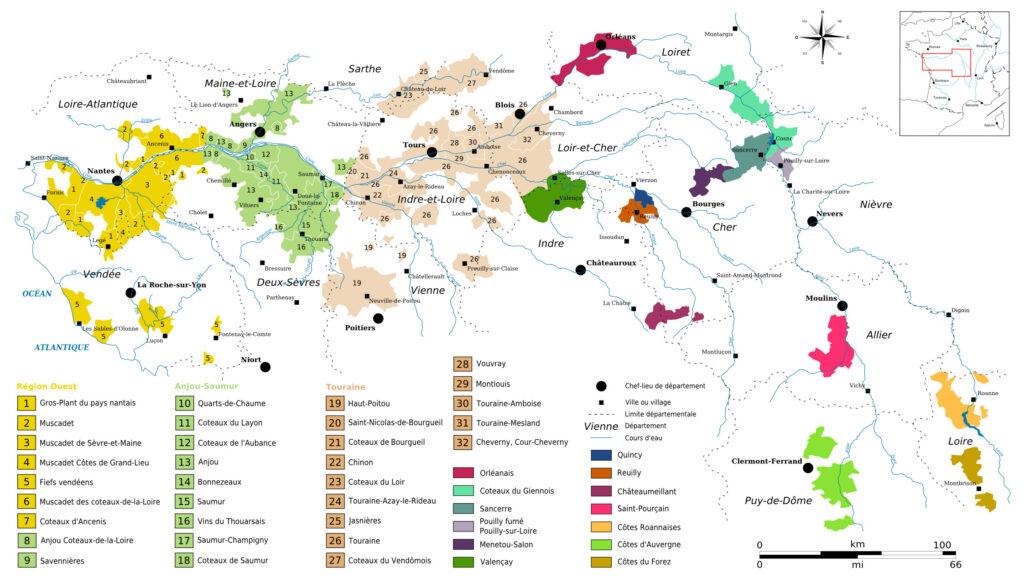

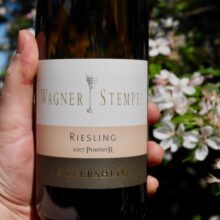
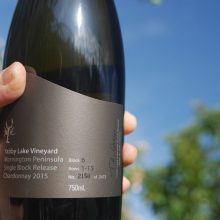
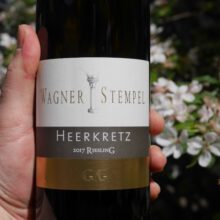

You must be logged in to post a comment.